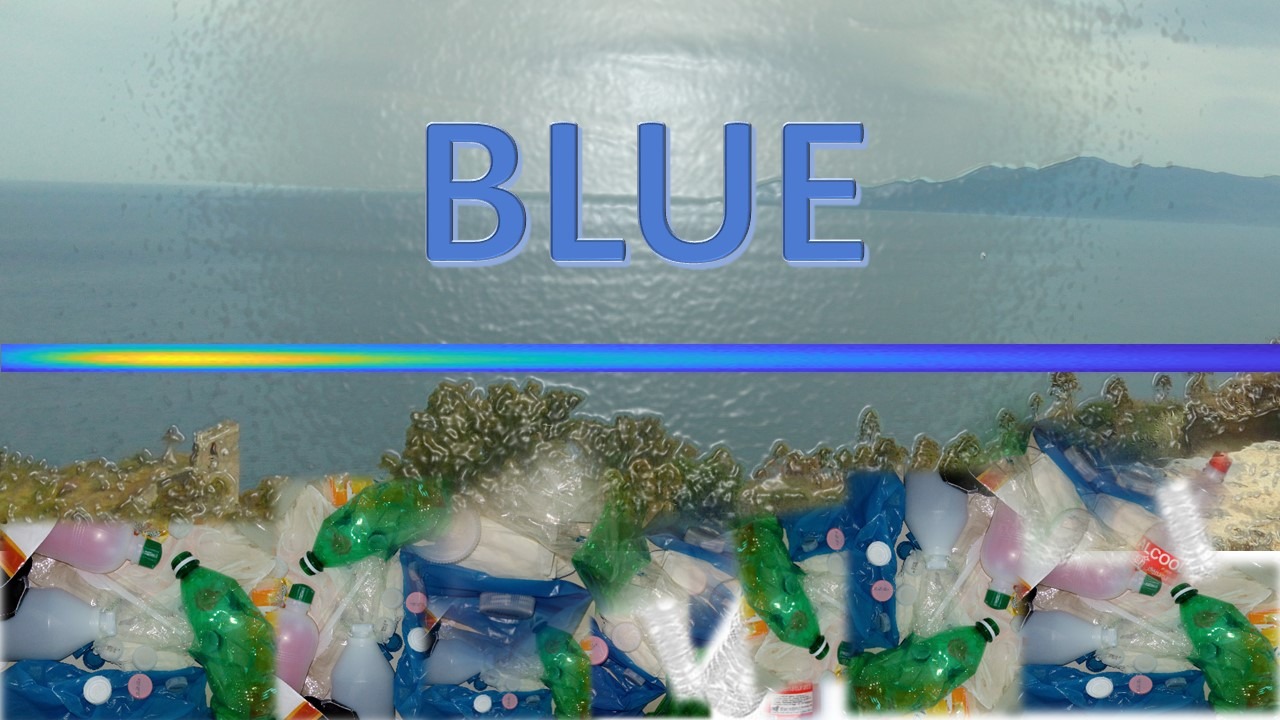Our idea is to investigate the potential of LIDAR – space, airborne and ground-based – to address plastic litter distributed in the water column. Recent studies have stressed how plastic litter at the sea surface represents only a small fraction of plastics entering the sea. Hence, the major contribution of our idea would be to investigate remote sensing methods with the potential to provide information on plastics distributed in the water column, including microplastics (< 5 mm). Until now, the contribution of LIDAR to ocean plastic remote sensing has been almost unexplored, except for sporadic bathymetric data from airplane to detect large items.
Meanwhile, spaceborne elastic LIDAR has already been used to detect algal blooms in oceanic waters, while fluorescence LIDAR has already been suggested for plastics characterisation in different contexts. The proposed approach is four-fold and aims at investigating the potential of:
- elastic backscatter and Brillouin LIDAR from space to detect changes in the optical properties of the water column due to microplastics; this will be done by simulating LIDAR data at different microplastics concentrations, also taking into account the technical specs of ongoing or planned missions;
- LIDAR bathymetric data from airplane to detect and characterise plastic items; this will be done by analysing airborne LIDAR data acquired over the Great Pacific Garbage Patch;
- fluorescence LIDAR to characterise plastic items from ship- or ground-based platform (e.g. at river outlets); this will be done by carrying out targeted LIDAR experiments in the lab;
- Raman spectroscopy, by executing lab experiments on microplastics and data simulations for standoff operation. For the first time, this study will provide an insight on the feasibility of using LIDAR for remote sensing of microplastics and for the characterisation of plastic items in terms of material type.

